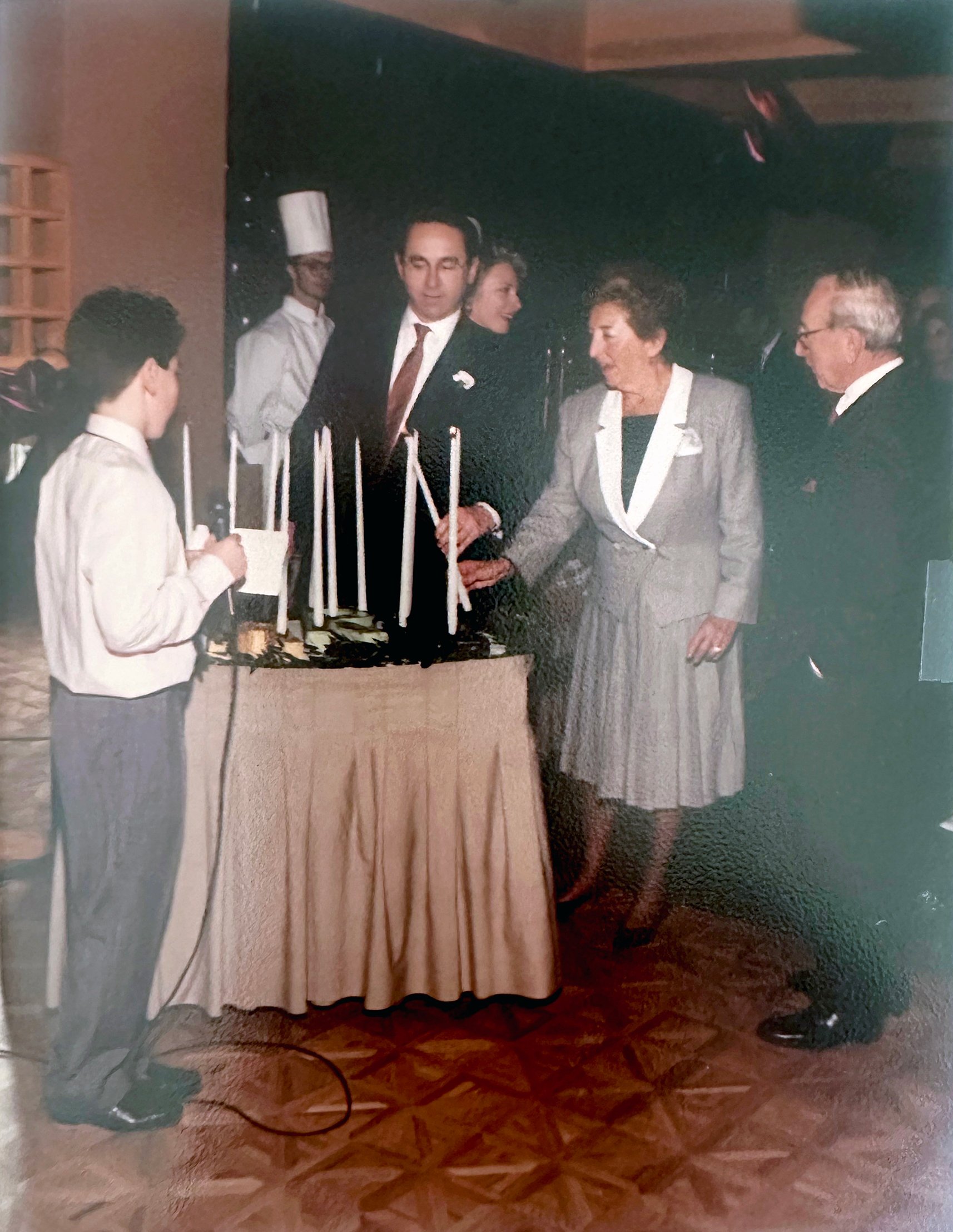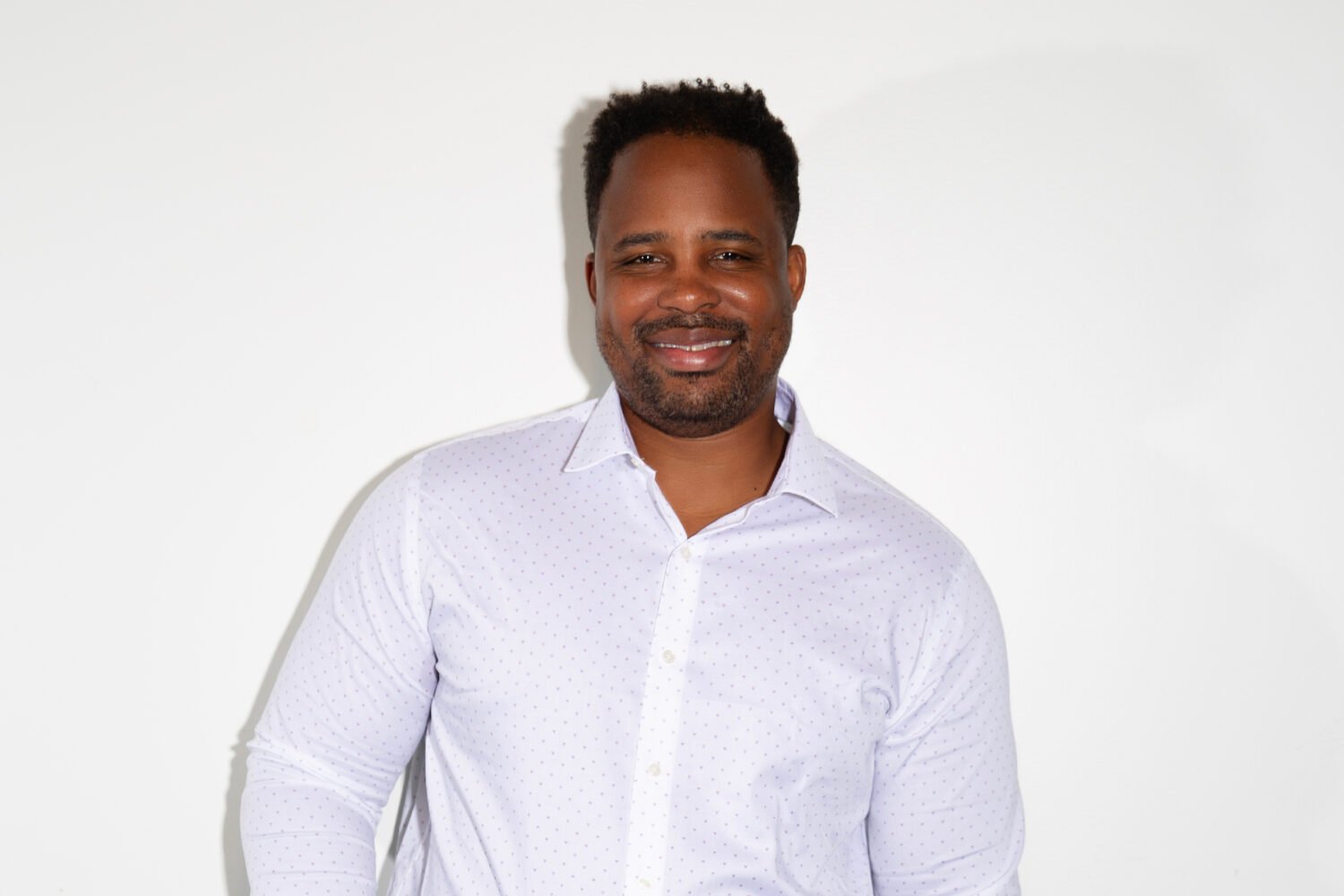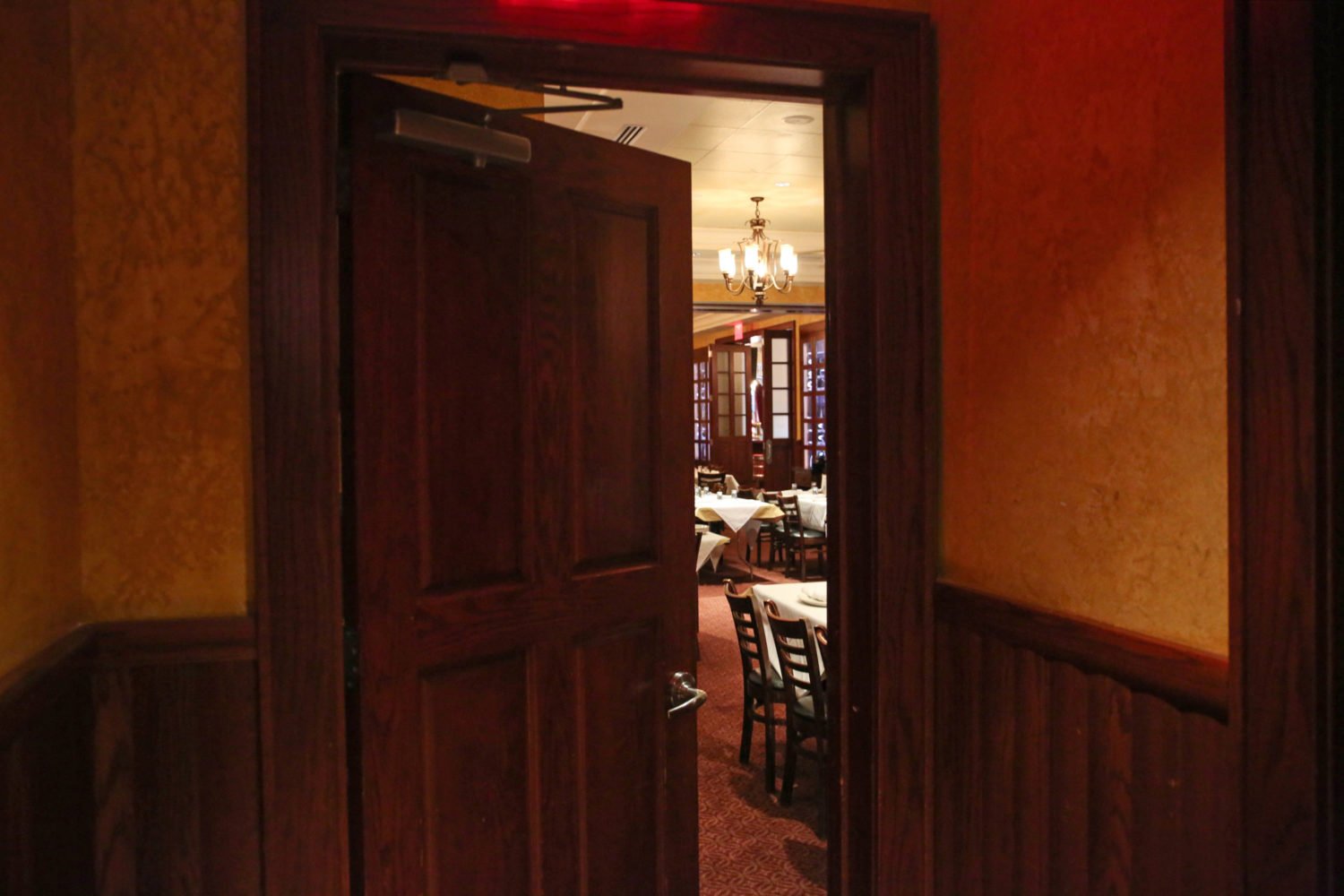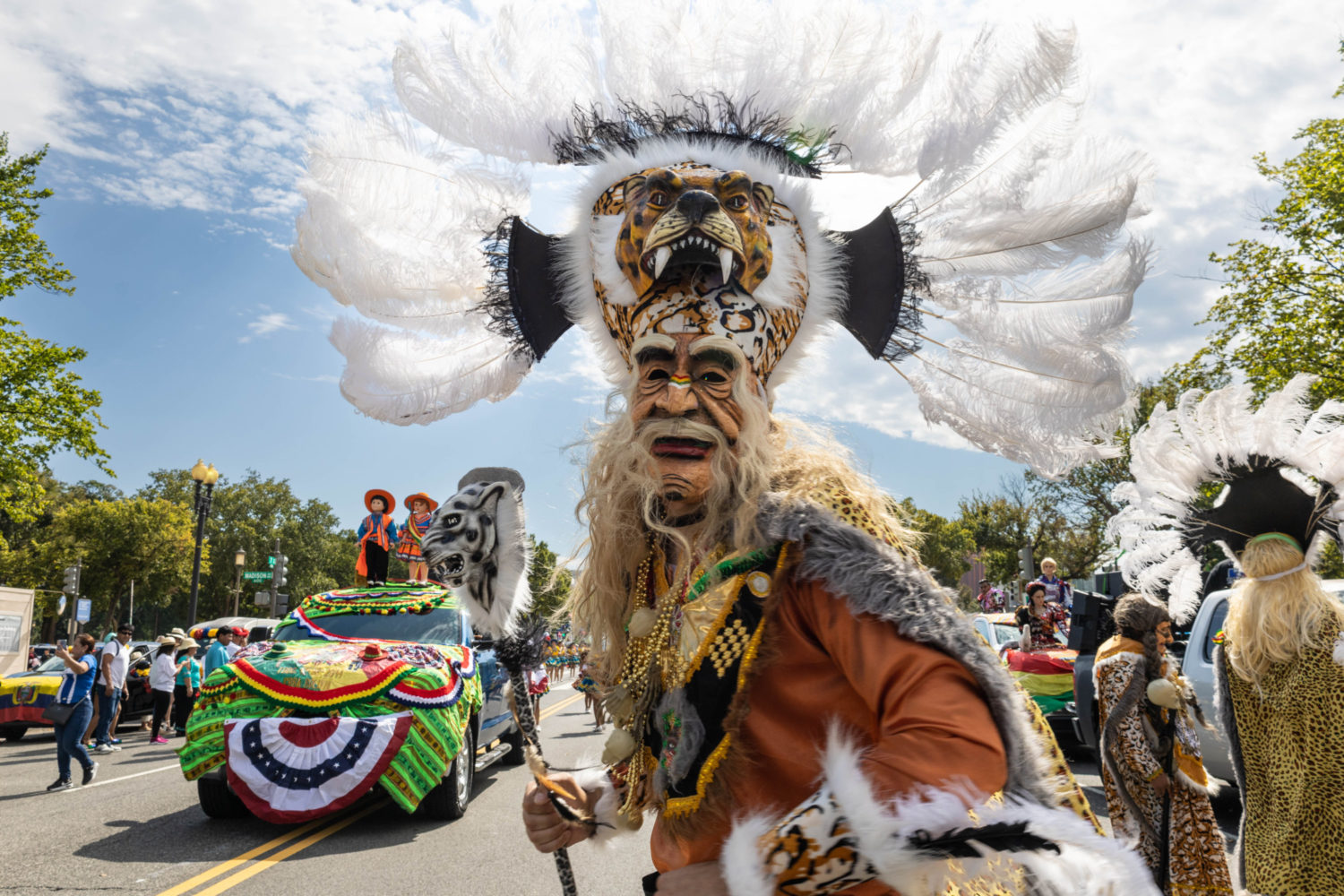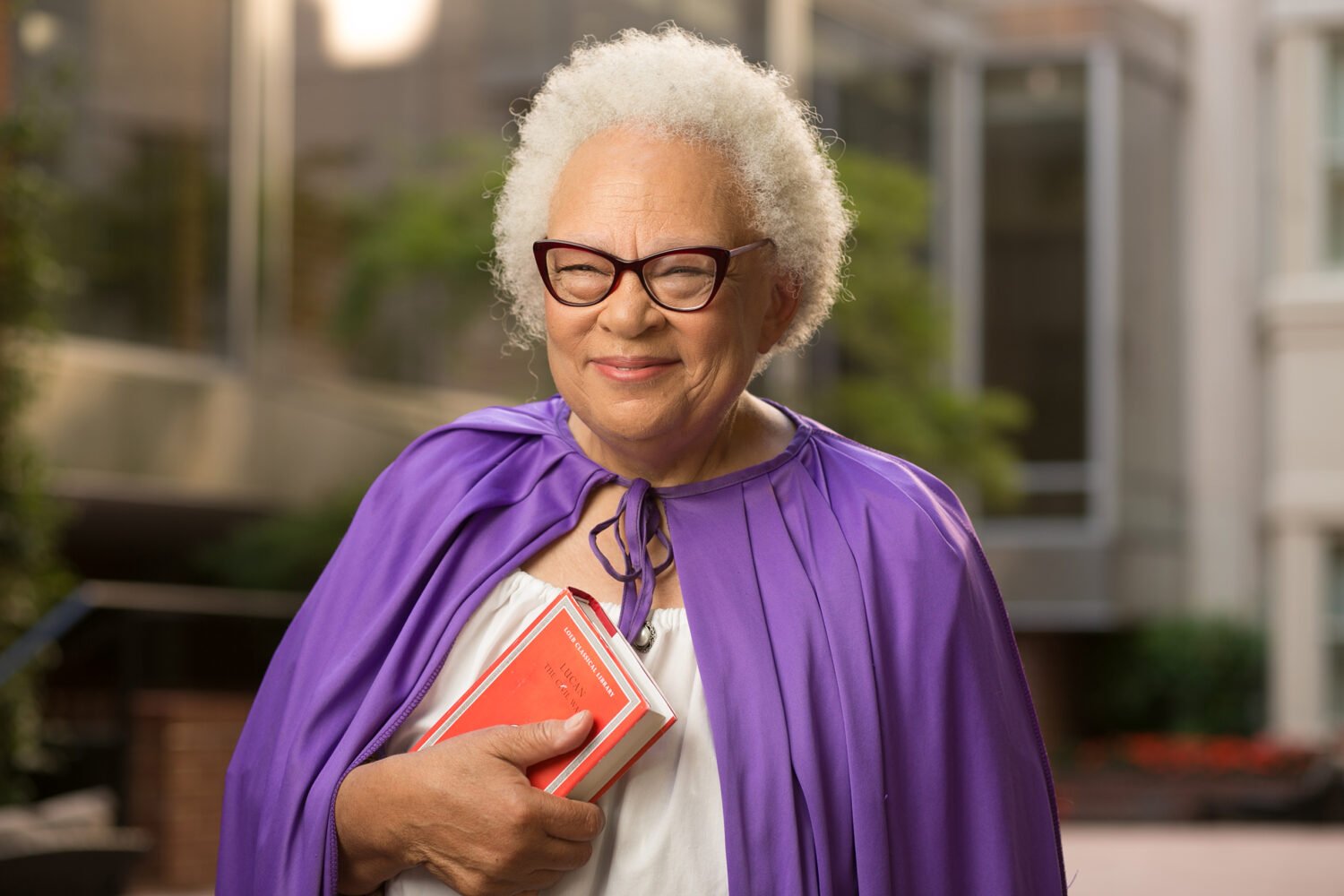Marc Bromley’s nearly two-decade career with the Four Seasons has taken him from Costa Rica to Maui, where his team helped set the scene for the first season of HBO’s The White Lotus. But no location has called to him quite like Georgetown’s Four Seasons, where his dad, Stan Bromley, was the hotel’s general manager from 1989 to 1999. Now GM himself, Marc Bromley reflects on how Washington’s hospitality industry has changed.
“People are like, ‘Why did you leave Maui to come here?’ Especially because I got here in May of 2021. ‘Didn’t you see what happened on January 6? What the hell are you doing [coming] here from paradise?’ I say, ‘You know, I had my bar mitzvah in the fitness club—it used to be a nightclub called Club Desiree—and the doormen have known me since I was 12.’
“I remember lambada dancers, a lot of video games, a massive seafood buffet—it was just fantastic. When I look at the pictures, I can see that Lynn Orlowski was the hotel manager running the party. She was director of food and beverage back then. She took a step back later in her career to run room service, and she worked for me for two years when I became director of food and beverage. I had no idea she ran my bar mitzvah [until years later].
“I love to say that the name on the name tag comes before the title on the business card, so the person comes before the employee. If the ice machine in room service is down and we don’t jump to fix it the way we jump to fix the air conditioner in the Presidential Suite, the message is that the employees who need that ice to serve our guests aren’t as important as the guests staying in the room.
“My dad and I have this debate where I say, ‘Papa, was it easier when you were running hotels?’ In the digital age, people’s patience is different—speed, accuracy, and quality are more important than ever. I think the expectations are higher because great experiences can be shared so much more quickly. Our leisure guest certainly sees that. And business travelers [have] experiences all over the world—if you’re not up to those expectations, you might lose them.
“My dad thinks, no question, it was easier when he was running hotels, because there was 100 percent presence for [family] life. [Then] again, he rarely was home before 8 pm and went in every Saturday for at least half a day. I’m typically home every night for dinner. I’m typically off on weekends but connected most of the time. Am I teaching my kids the wrong lessons by looking at my phone when I shouldn’t?
“Walking through the lobby when I was young, the last thing I wanted [to do for a living] was hospitality, because I saw the hours and the stress my dad was under. I think one of [my kids] will go into the business, not because they’ve said so now, but when you’re around it, it just gets in your blood.”
This article appears in the September 2025 issue of Washingtonian.

